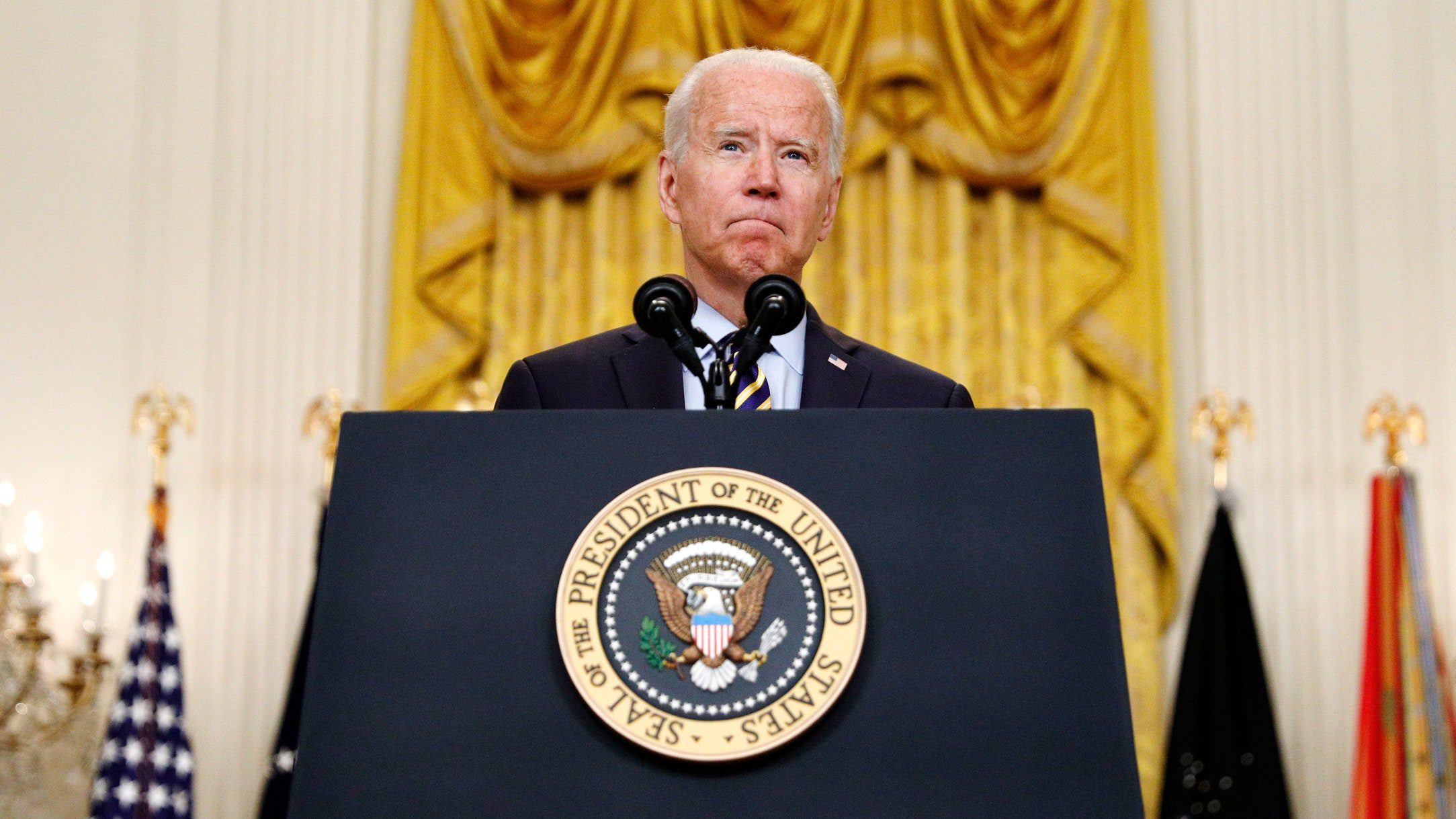Last Thursday, the Senate voted to force a deal between rail unions and company executives, preventing a devastating railroad strike.
The intervention narrowly headed off the December 9th deadline to avoid a rail shutdown. The legislation, signed into law by President Biden on Friday, used terms negotiated from earlier in the year which provides a 24% pay raise but failed to include the worker’s demands of paid sick leave. Sick days, which are not included in worker contracts, were of special concern for railroad workers in the wake of COVID. Senator Bernie Sanders took to Twitter to criticize their absence in Biden’s proposal, writing, “Guaranteeing 7 paid sick days to rail workers would cost the rail industry a grand total of $321 million a year – less than 2% of its profits.” Sanders also noted that, “Rail companies spent $25.5 billion on stock buybacks and dividends this year.”
 |
With the agreement in place, any rail shutdown taken to protest the deal would be illegal, leaving few recourses for labor organizers. Congress has had a near century-old power to force rail unions and companies into contracts to prevent a strike, if mediations fail. Estimates of economic losses caused by a potential railroad strike ranged from $1 billion a week to $2 billion a day. The shutdown was also likely to cause the supply chain to relapse, further stagnating recovery efforts and sales numbers.
The industry was quick to respond the day after the Senate vote. Union representatives, both in and out of the rail industry, voiced their frustration with the action. The Brotherhood of Maintenance Way Employees issued a statement, saying, “It is shocking and appalling that any Member of Congress would cast a vote against any sort of provision that raises the standard of living for hard-working Americans.” Meanwhile, trade groups representing railway companies praised the decision, although declined to comment on the sick day controversy.
Did you enjoy this article? Please share your thoughts, comments, or questions regarding this topic by connecting with us at newsroom@cbtnews.com.
Be sure to follow us on Facebook, LinkedIn, and TikTok to stay up to date.
While you’re here, don’t forget to subscribe to our email newsletter for all the latest auto industry news from CBT News.




